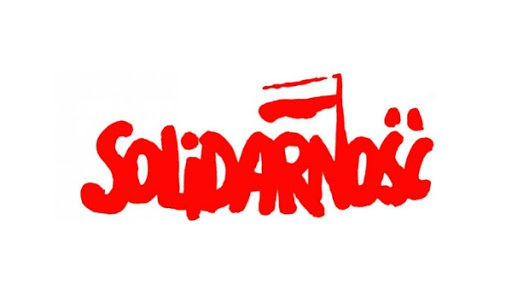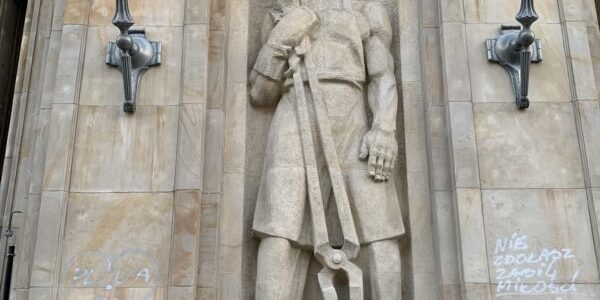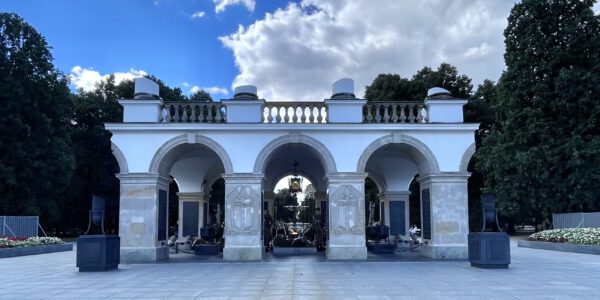Beata Bruggeman-Sekowska
The Polish Round Table Talks started on February 6 in the Namiestnikowski Palace in Warsaw and lasted till April 5 1989. The government initiated the discussion with the leaders of opposition in order to weaken social unrest. 29 representatives of the government, 26 representatives of the opposition, including members of banned “Solidarność” and 3 observers from the Church were attending the talks.
The talks were carried out in working groups: the economic and social issues group, the trade union and party pluralism group and the political reform group. Additionally there were smaller groups which discussed other social and political issues including housing, reform of the legal system, agriculture, media, health, environmental protection, mining, youth, science, education and technological progress.
After 2 months consensus was reached including early, partially free elections to the Polish parliament (no more than 35% seats for the opposition) and free elections to the Senate, the authorisation of an independent daily newspaper, air time for the opposition on radio and television, the announcement of free elections no later than in 4 years’ time, permission to restore the organisations and creative associations banned after 13 December 1981 (including “Solidarność”) and the promise of returning assets and jobs to people made redundant after the period of martial law.
The Round Table talks were of enormous importance to the future political situation in Poland. They paved the way to a free and democratic Poland as well as the final abolition of communism in Poland.
Source: Central and Eastern Europe Center www.communications-unlimited, www.enrs.eu




Follow Us!